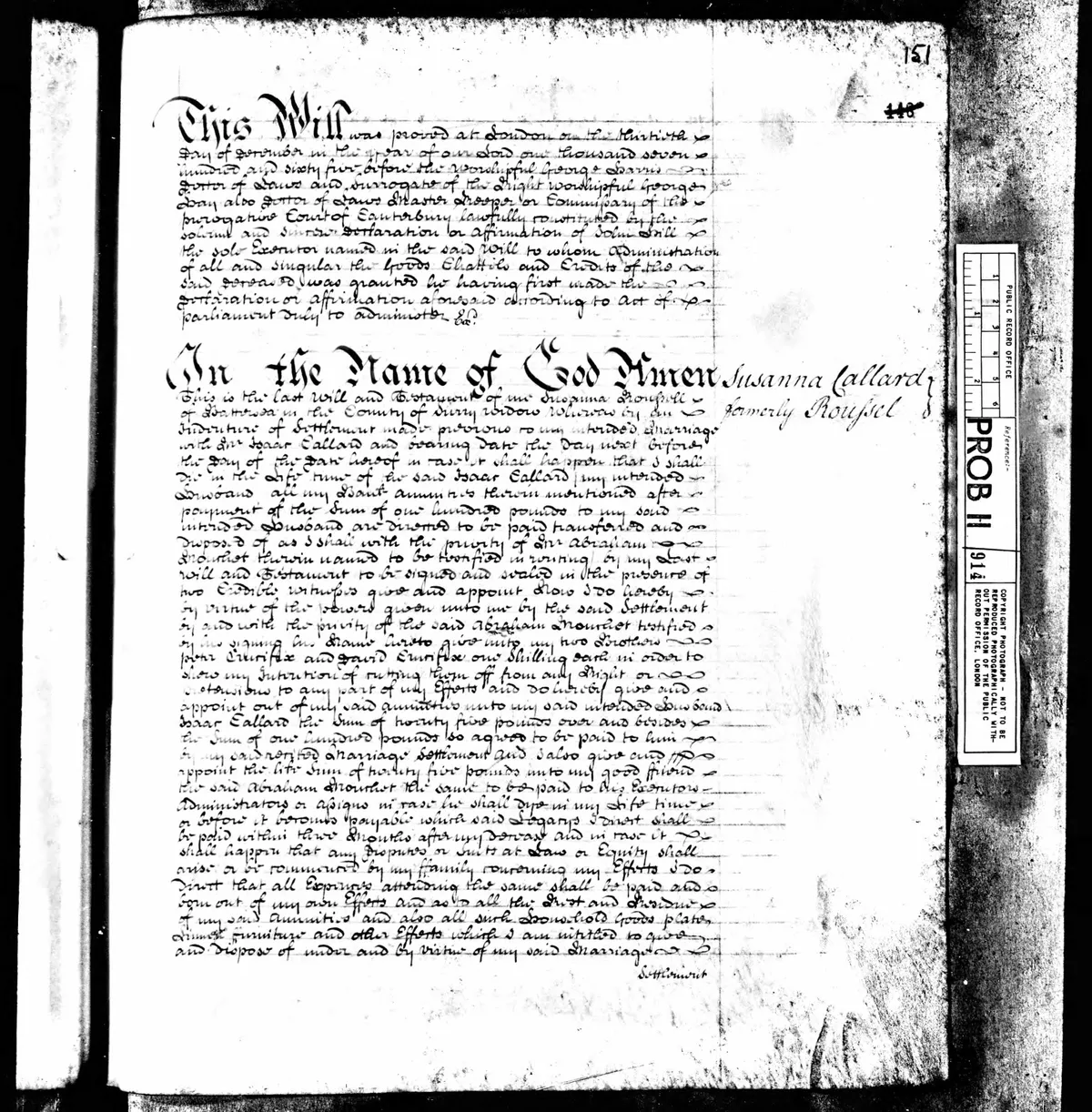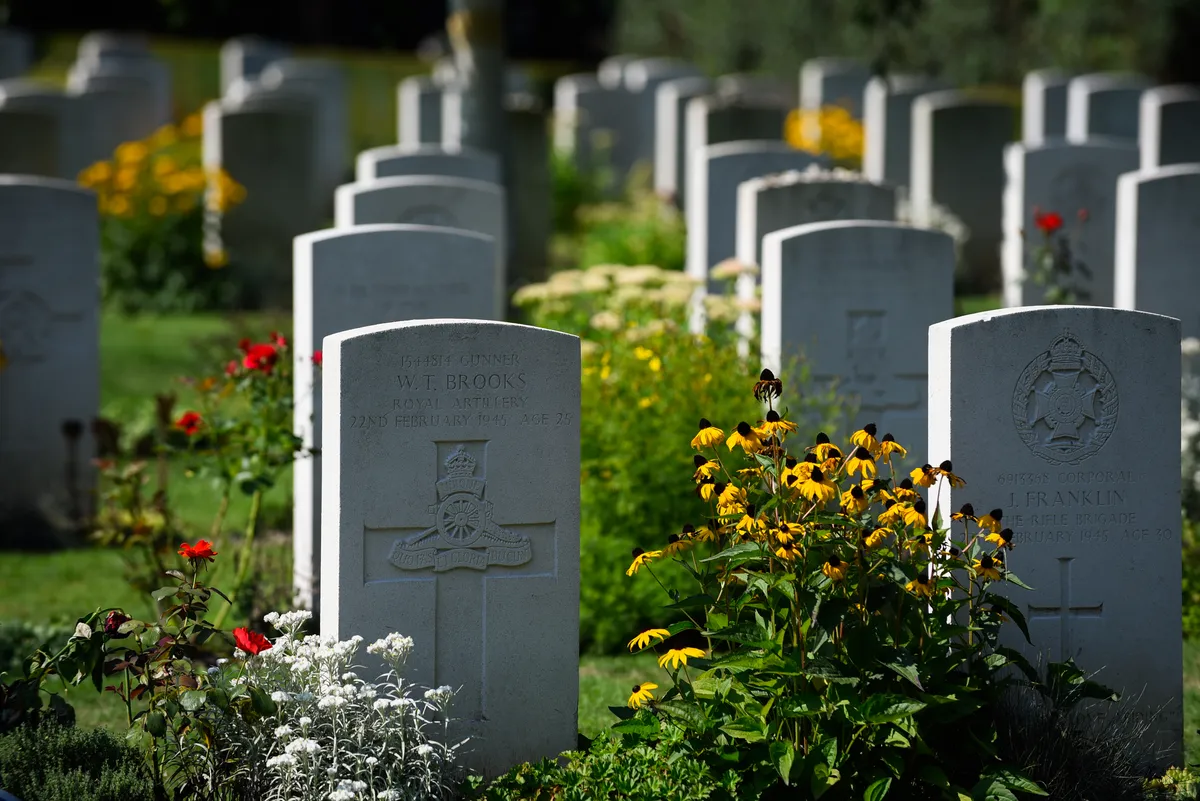In family history, finding your ancestor’s death record is essential for ‘finishing off’ your research into their life story. There are lots of different ways of finding proof of when and where someone died. These different sources should enable you to find your ancestor’s death record online.
1. Civil registration
Legal registration of all births, marriages and deaths in England and Wales was introduced in 1837. The General Register Office (GRO) has an online index of all death records from 1837-1957 and 1984-2021. You can search it for your ancestor’s death record and order a copy of their death certificate. Deaths from 1837 to 1957 are available as digital images for £2.50. It’s important to order the certificate to make sure you’ve found the right person in the index, and this should provide the date, place and cause of death, the deceased’s occupation/marital status, and the informant’s name and address. Civil registration in Scotland was introduced in 1855 and Scottish death records are available on Scotland's civil records website, ScotlandsPeople. Scottish civil death records are more detailed because they also contain the name and profession of the deceased person's father and the mother's name and maiden name, which is useful for taking your family tree back to the next generation.
2. Probate records
Your ancestor’s probate record is a record of when they died and how their property was distributed. All wills from 1858 onwards are listed on the National Probate Calendar for England and Wales. Copies of wills cost just £1.50. Prior to 1858, many wealthier individuals in southern England and Wales had a will proved in the Prerogative Court of Canterbury, which also has surviving records online.

3. Newspapers
People often posted notices in the local press advising of a loved one’s demise, and if your ancestor was well known within their community, or their death was a murder or notable accident or suicide, there’s a high chance that a journalist picked up on the story. News reports of a death can add a lot more colour to a certificate so it’s worth checking for death notices and obituaries via online old newspaper collections.
4. Military death records
If a man who was old enough to be conscripted during the First or Second World Wars disappears from records then it’s worth checking the Commonwealth War Graves Commission database to see if he was killed in action. Military death records won’t appear in the civilian death indexes for England and Wales. Although the GRO was responsible for recording military deaths, it did so in separate indexes, often less detailed than their civilian counterparts. Various indexes have been pulled together from the GRO and The National Archives to form the ‘British Armed Forces and Overseas Deaths and Burials’ collection on Findmypast, which can be used to apply for a copy of an overseas death certificate from the GRO. You may also find your ancestor mentioned in other registers compiled by the War Office, Admiralty and Ministry of Defence on Findmypast and Ancestry, like the Army Registers of Soldiers’ Effects, 1901-1929, which usually name next-of-kin.
Unfortunately some RAF deaths outside of the two World Wars are difficult to trace because there isn’t a special casualty roll for them. You might find some registered as army or civilian deaths instead, but if you know where your RAF ancestor was stationed you can search the RAF Chaplaincy miscellaneous registers of burials and graves from 1919 onwards in series AIR 82 at The National Archives.

5. Pauper deaths
Check for further Poor Law records for people who died in the workhouse. Settlement examinations and admission registers may give information about extended family members, which is useful for establishing whether a workhouse death certificate is for the correct person since workhouse deaths were frequently registered by the master or medical officer rather than next-of-kin. Bear in mind that some poor people went to the workhouse infirmary to seek medical care, so your ancestor may have died in the workhouse even if they weren't a workhouse resident.
6. Burial registers
Parish burial registers are the most obvious place to search for a death in England or Wales prior to July 1837, but they can still be useful after that date as they sometimes offer additional information to death indexes and certificates, like religious denomination and middle names. People buried by their local church will be listed in Anglican parish registers held at the county archive, some of which have been digitised on Ancestry and Findmypast, and there are additional free indexes at FamilySearch and FreeREG. In Scotland, some parish burial records are available on ScotlandsPeople.
From the 19th century onwards an increasing number of people were buried in non-denominational cemeteries, many of them now managed by local councils. A vast number of municipal and privately owned cemetery registers can be searched at Deceased Online, including cremation registers. The burial registers on Deceased Online usually indicate whether anybody else was buried in the same grave and come with a plot number and handy maps.
The managers of most other cemeteries and graveyards should be able to supply you with a similar map showing the location of specific plots. You may need to apply by email or post, but check online first as some have online facilities like the Richmond upon Thames local authority database.
7. Memorial inscriptions
See if a local history society has transcribed memorial inscriptions from churchyards and chapel interiors close to where your family lived. Memorial inscriptions frequently offer more information than burial registers, perhaps naming several members of the same family and giving ages and dates of death, while the more elaborate ones are long and poetic. Transcriptions might be deposited in the county archive or found in antiquarian books, and could be the only surviving evidence of the inscription as many old headstones have been moved or suffered severe corrosion. Some surviving headstones have been photographed and can be found online at Find a Grave and Billion Graves.